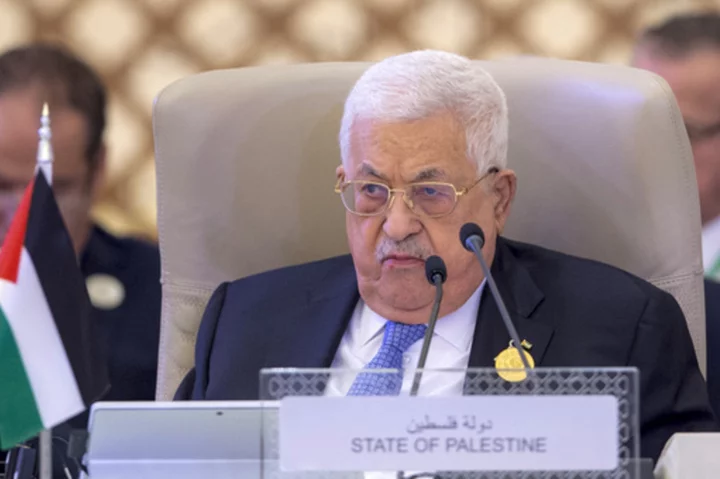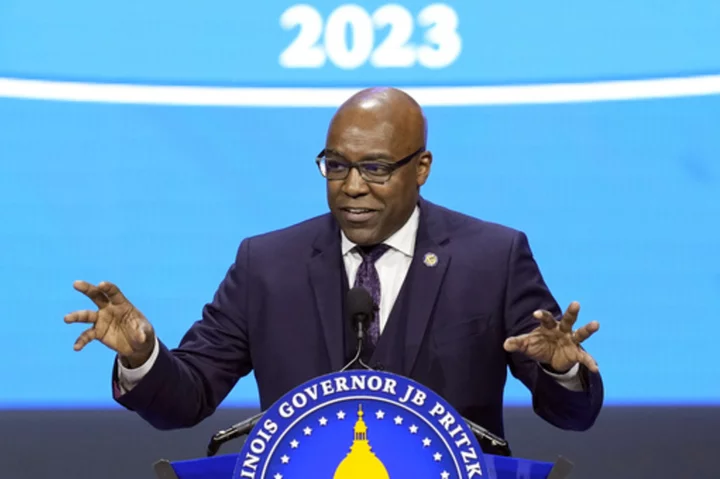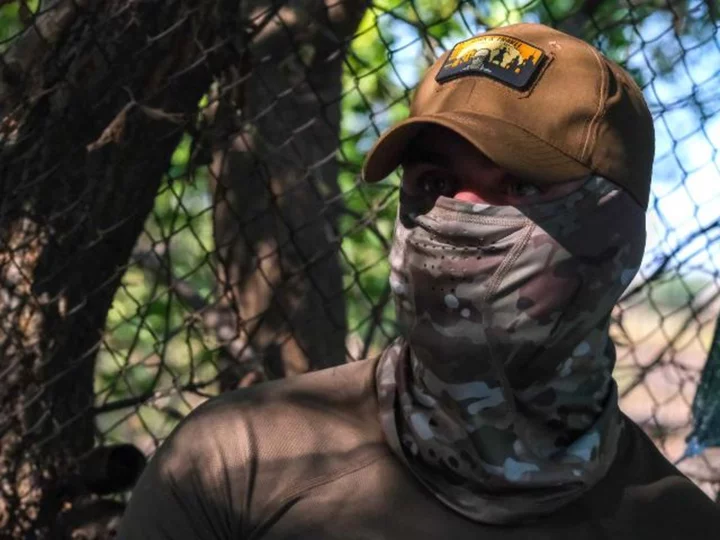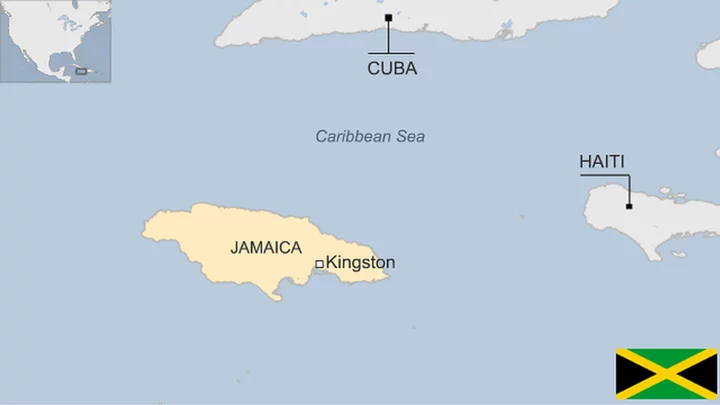The Central African Republic began voting on Sunday in a referendum on a new constitution that would allow President Faustin-Archange Touadera to seek a third term in a country which has endured several coups.
In 2020 Touadera won a second term through to 2025, after a vote interrupted by several incursions by armed rebel groups, while he also had to overcome allegations of fraud.
His rivals now charge that he wants to remain "president for life" -- under the increasingly visible protection of private Russian mercenary group Wagner, which first deployed to the CAR in 2018.
The country of 5.5 million people is one of the world's poorest.
Voting was scheduled to begin at 6:00 am (0500 GMT) but polling stations opened around one hour late.
The polls are due to close at 4:00 pm, with some 1.9 million people called on to cast their ballots.
Provisional results are not expected for eight days, while the constitutional court is scheduled to publish the definitive outcome on August 27, according to the national electoral authority.
- Boycott -
The proposed new constitution would extend the presidential mandate from five to seven years and abolish the two-term limit.
Opinion polls suggest the "yes" camp is likely to triumph.
"We know that the 'yes' camp is going to win -- but we shall put the emphasis on participation," national assembly vice-president and presidential majority spokesman Evariste Ngamana told AFP.
The main opposition parties, civil groups and armed rebels have all called on voters to boycott the exercise.
The opposition has notably complained about the lack of an up-to-date electoral register and says institutions tasked with guaranteeing a free and fair vote are not independent.
In the capital Bangui, between 2,000 and 3,000 "yes" supporters turned out Friday for a final meeting to drum up further backing for the proposal.
But observers said the vote might not inspire much interest among the general populace.
"The majority of the CAR population, who are struggling to survive in a difficult economic and security context, doubtless have other priorities aside from this referendum which mobilises few beyond those close to those in power," said Charles Bouessel, analyst with the International Crisis Group.
- Russian influence -
Touadera has announced, meanwhile, that Russia and Rwanda, two states whose influence has been very much on the rise in the CAR in recent years, would be "supporting" security forces during the vote.
A Wagner-linked source said earlier in July that several hundred of the Russian fighters would be in place for the poll.
"It's a vote being pushed by the Russians and organised with their help -- the president of the constitutional court and of the national electoral body have been invited to Russia and doubtless have received instructions," a diplomatic source told AFP.
Human Rights Watch says Russian embassy personnel in Bangui visited the former president of the constitutional court, Daniele Darlan, last year to ask for advice on how the constitution might be amended to enable Touadera to stay in power.
HRW regarded this as a Russian attempt to influence the political process in the CAR.
In September, the constitutional court inflicted a defeat on the political establishment by annulling a proposed committee to draw up a new constitution.
But in January, Darlan was ousted.
Government officials have cajoled and threatened referendum opponents, says HRW, and authorities also banned an opposition rally in the capital in a bid to keep a lid on hostility to the poll.
Since December 2020, hundreds of Wagner fighters and Rwandan troops have been deployed to face an offensive led by an alliance of the country's most powerful rebel groups, which have found themselves pushed into rural areas.
bur/imm/smw









